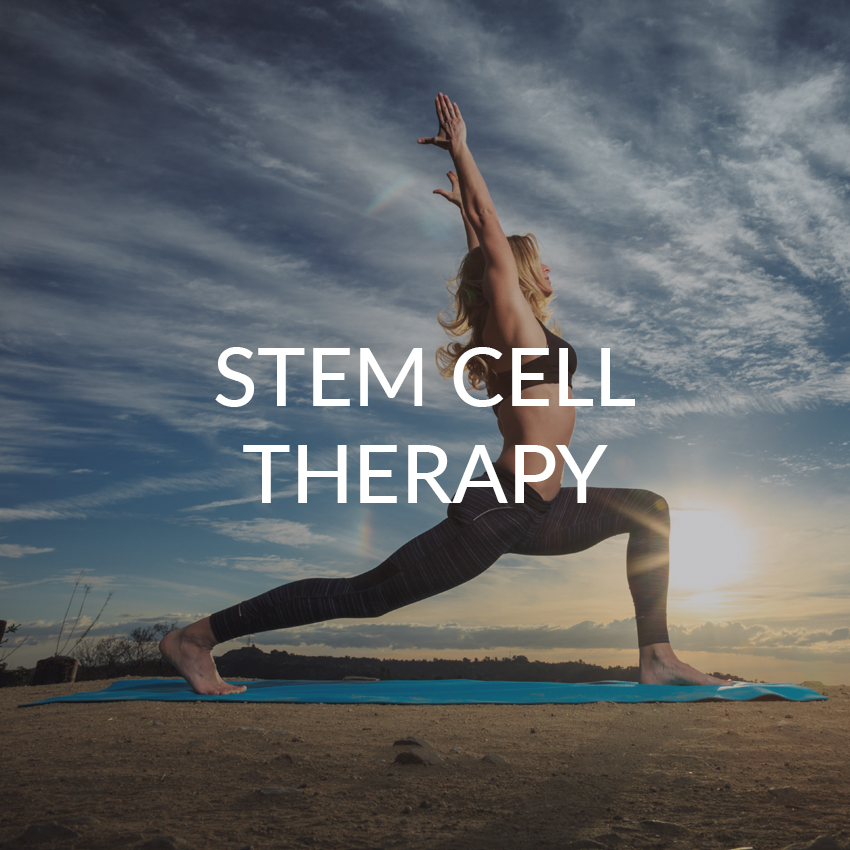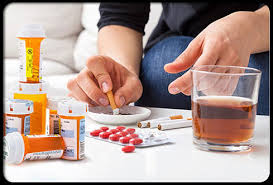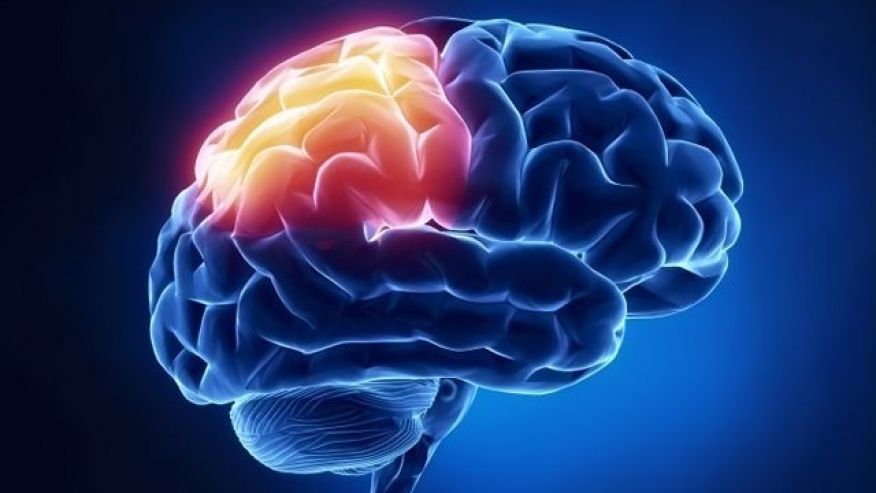Addiction exclusivity effects to the brain

Addiction exclusivity effects to the brain must be eliminated professionally
Addiction exclusivity effects to the brain: Why do some people become addicted while others don’t?
Looking at the drug addiction exclusivity and how it affects people’s lives, we can authoritatively say that no single factor can predict whether a person will become addicted to drugs. Doctor Dalal Akoury and her team of experts at AWAREmed Health and Wellness Resource Center agrees that the risks for addiction are influenced by a combination of factors which may include individual biology, social environment, and age or stage of development. The more risk factors an individual has, the greater the chance that taking drugs can lead to addiction. Like for example:
- Biology – The genes that people are born with—in combination with environmental influences—account for about half of their addiction vulnerability. Additionally, gender, ethnicity, and the presence of other mental disorders may influence risk for drug abuse and addiction.
- Environment – A person’s environment includes many different influences, from family and friends to socioeconomic status and quality of life in general. Factors such as peer pressure, physical and sexual abuse, stress, and quality of parenting can greatly influence the occurrence of drug abuse and the escalation to addiction in a person’s life.
- Development – Genetic and environmental factors interact with critical developmental stages in a person’s life to affect addiction vulnerability. Although taking drugs at any age can lead to addiction, the earlier that drug use begins, the more likely it will progress to more serious abuse, which poses a special challenge to adolescents. Because areas in their brains that govern decision making, judgment, and self-control are still developing, adolescents may be especially prone to risk-taking behaviors, including trying drugs of abuse.
Addiction exclusivity effects to the brain: Prevention is the key
Drug addiction is a preventable disease. Research findings indicate that prevention programs involving social networks like families, schools, communities, and the media are effective in reducing drug abuse. Although many events and cultural factors affect drug abuse trends, when youths perceive drug abuse as harmful, they reduce their drug taking. Therefore it is important to bring in experts like Dr. Dalal Akoury who is also the founder of AWAREmed Health and Wellness Resource Center where she is offering her exclusive NER Recovery Treatment to everyone including other physicians and health care professionals through training, clinical apprenticeships, webinars, and seminars. Finally, besides what we get from doctor Akoury the general public needs also to be educated and in this area a collective effort from Teachers, parents, medical and public health professionals will be essential in creating awareness that drug addiction can be prevented if one never abuses drugs.
Addiction exclusivity effects to the brain: Why do some people become addicted while others don’t?







